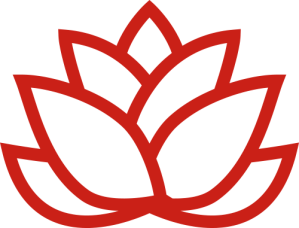Casa particulaire is a type of accommodation in Cuba. Guests rent a room in someone’s house for a fee. The owner usually lives in the house and prepares breakfast and sometimes dinner if the guest requests. This concept of renting out a spare room in your house in return for money is everywhere in most parts of the world like Airbnb or couch surfing. But it is only a recent idea in Cuba.
Casa particulaire means private house. “Private” is a new term and practice in Communist Cuba. There is something oddly paradoxical about the concept of “private house”. Surely all houses are private, but if private refers to privatisation – that is individuals selling their property to the public then is that house still a private thing? Perhaps it is only a play of words but words shape discourse.
During my recent visit to Cuba, I stayed at a few casa particulaires. In Havana, the casa particulaire was run like an enterprise. The owners had two casa within walking distance of each other. One casa had four rooms, and the other, where the owners lived, had about seven rooms on three floors. All rooms had private bathroom and shower. The houses were beautiful with marble floors and ornate Spanish column structure. I stayed in the smaller house and had my own keys. It was wonderful except for the internet, which was turned on and off, mostly off.
My casa particulaire in Trinidad had a similar “business” ambience. The room was separate from the main living quarters of the family with a separate laneway for entry and exit to the house. It felt very private!
The casa particulaire in Santiago de Cuba was most like living with a Cuban family, mainly because meals were served at the dinner table which was in the owner’s living room and there was no separate access. This was wonderful as I had many opportunities to talk with the owner and her daughter who could speak English quite well.
I was curious about the types of people who own casa particulaire given that the majority of Cubans live on government handouts and rations and everyone had a house to live in. All of my hosts had something in common. They all had relatives overseas, either in the US or Canada to fund their casa particulaire business. Indeed, one host told me they could not have done anything without remittances from overseas.
So, do Cubans benefit from casa particulaire? The owners, people with capital funded from offshore, I presume are those that benefit financially. Is this capitalism in its core, where the economy only exists for few people who can access the market and gain benefit from it? What does this mean for the rest of Cubans? Does this create social stratification between those who have the means to make money and those that do not?
There are only four communist countries in the world today. China and Vietnam have already embedded capitalism and open themselves to the world. Is Cuba heading the same direction? For political economists particular in comparative development, it seems an inevitable pathway to progress. As I reflect on Cuba and her frozen in time beauty and dilapidation, I wonder whether she will resist capitalism or choose to do it in the Cuban way, slowly and in the moment!
Stay tuned, I will include some excerpts or narrations from the book in future blogs. Follow me on Twitter, Facebook or LinkedIn if you would like to be notified of my blogs.

Remarkable issues here. I’m very glad to see your article.
Thank you a lot and I’m taking a look forward to contact you.
Will you kindly drop me a e-mail?
LikeLike
My brother suggested I might like this blog. He was totally right.
This post actually made my day. You cann’t imagine just
how much time I had spent for this info! Thanks!
LikeLike